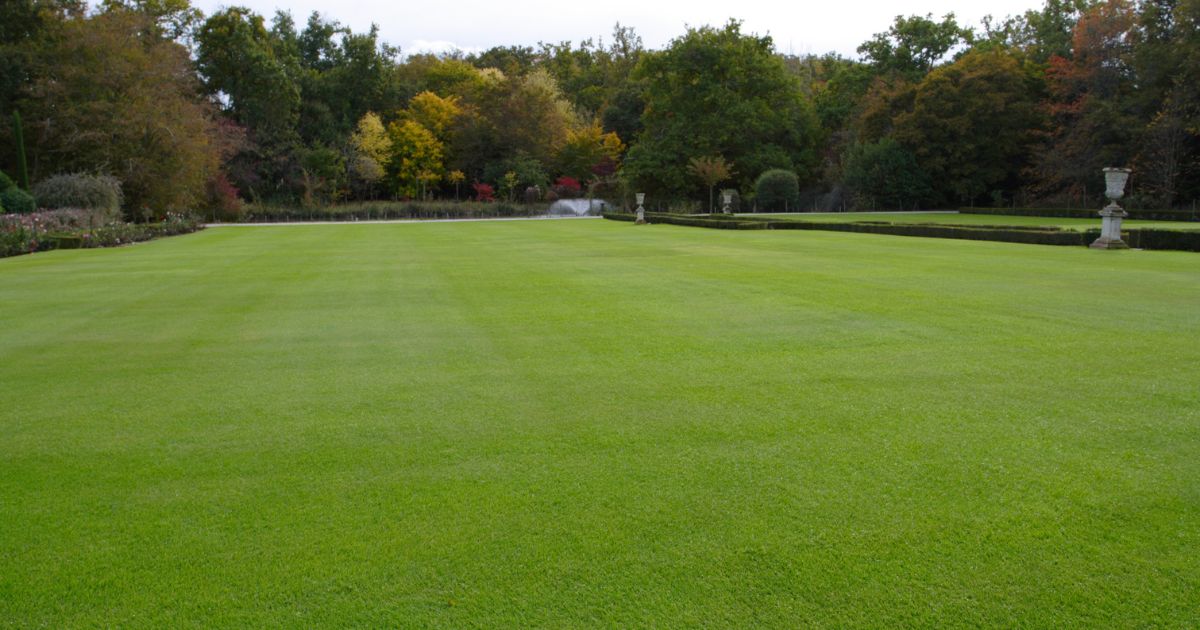The Rise of Eco-Friendly Plot Projects in Jewar

Strong 8k brings an ultra-HD IPTV experience to your living room and your pocket.
Jewar is changing fast. Once known for its quiet outskirts and open spaces, it is now in the spotlight for something much bigger—its transformation into a hotspot for sustainable living. With the Noida International Airport underway, the area is attracting serious interest from both developers and homebuyers. But it’s not just about location anymore. People are looking for more than just connectivity and price—they want green, smart, and sustainable. That’s where eco-friendly plot projects in Jewar are stepping in.
Residential Plots in Jewar are no longer just empty patches of land waiting for construction. Many developers are turning these plots into blueprints for sustainable communities. We're talking solar-powered lighting, rainwater harvesting, organic waste composting, tree-lined walkways, and more. Buyers today—especially younger ones—are not just looking for a place to build a house. They are thinking long-term: energy savings, better air quality, and a lifestyle that aligns with their values.
Why is this shift happening now? Partly because the environmental challenges around Delhi NCR are no longer something you can ignore. Air pollution, water scarcity, and rising temperatures have all pushed people to think differently about how and where they live. Jewar, with its cleaner air and open landscape, offers a fresh start. But developers know that would not last unless they build responsibly. That’s why many new projects are integrating green features from day one.
There is also a smart business angle. Eco-friendly features might cost more upfront, but they add long-term value. Lower utility bills, better resale potential, and community appeal make these plots a strong investment. Plus, there’s growing awareness among buyers. A decade ago, few asked about solar panels or native landscaping. Now, these are deal-makers.
Of course, it is not all smooth sailing. One major challenge is infrastructure. While Jewar is growing, some areas still lack robust civic amenities—roads, drainage, consistent power. For sustainable developments to work, the basics need to be in place. This is where government policy and private partnerships need to align. Fortunately, with the push around the upcoming airport and planned infrastructure upgrades, the momentum is heading in the right direction.
Another hurdle is greenwashing. Not every project labeled “eco-friendly” lives up to the claim. Buyers need to do their homework. Look for real indicators like IGBC (Indian Green Building Council) certifications, water management systems that actually work, and transparent sustainability reports from developers. Don’t just go by marketing—ask for proof.
So, what should you look for if you’re considering buying a plot in Jewar with sustainability in mind?
1. Water systems: Is there provision for rainwater harvesting and greywater reuse?
2. Energy: Are there solar street lights or options for rooftop solar?
3. Green coverage: How much of the space is landscaped, and are native plants being used?
4. Waste management: Is there a composting setup? How is waste segregation handled?
5. Community vision: Is the project just selling land, or is there a master plan for a sustainable neighborhood?
The demand for sustainable housing is only going to rise, especially as urban areas become denser and more polluted. Jewar has a window of opportunity—one where growth does not have to come at the cost of the environment. If developers, buyers, and policymakers get it right, the area can set a new benchmark for how we build future-ready communities.
Note: IndiBlogHub features both user-submitted and editorial content. We do not verify third-party contributions. Read our Disclaimer and Privacy Policyfor details.


